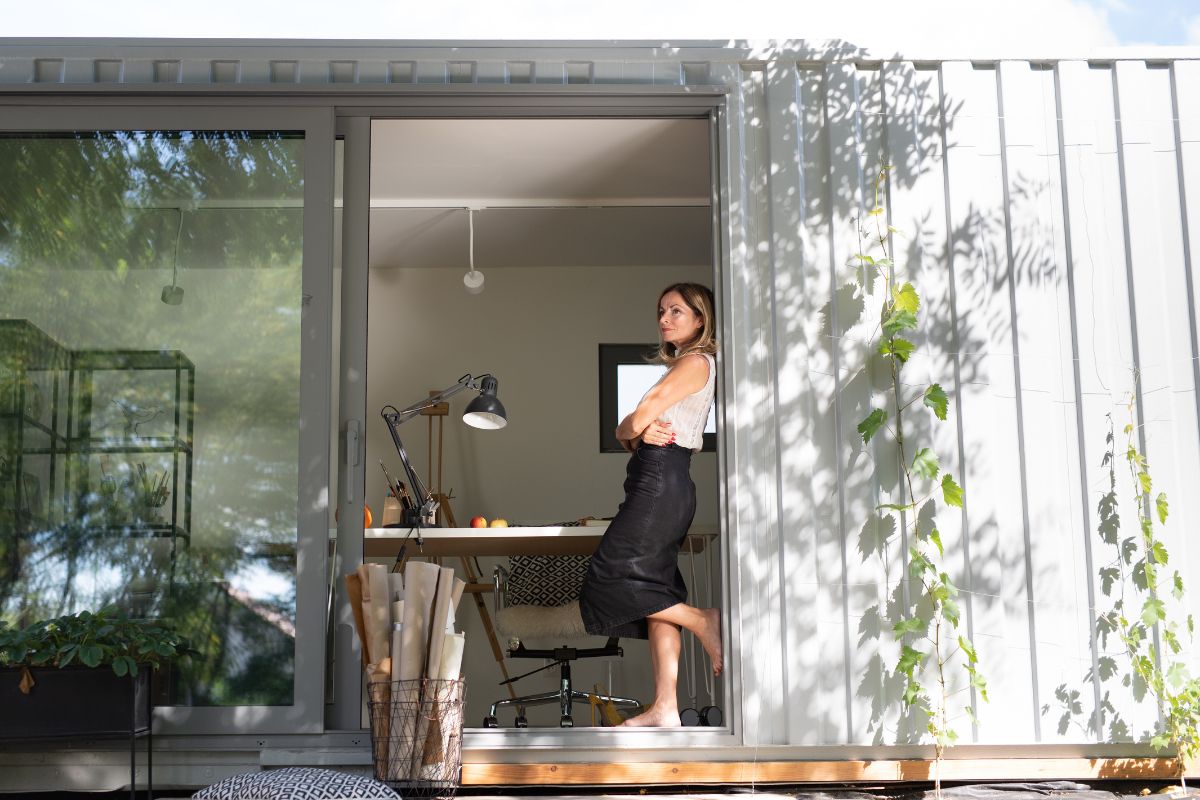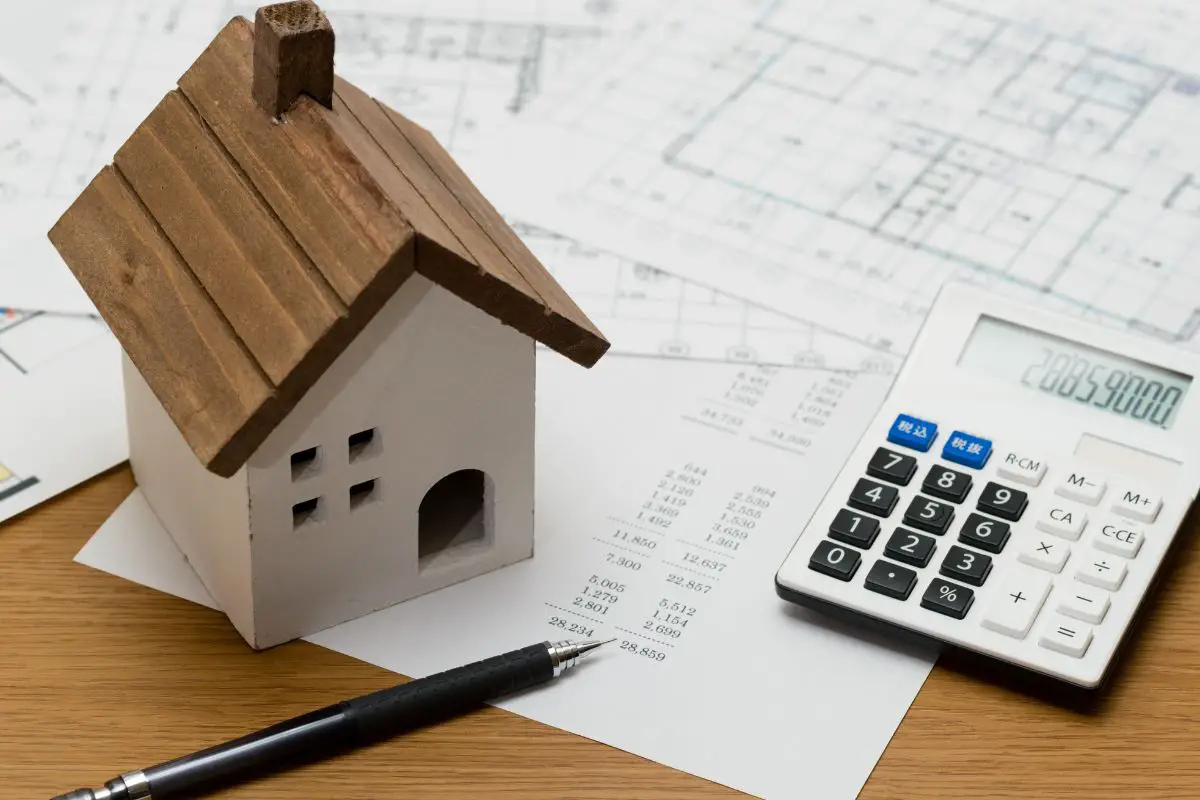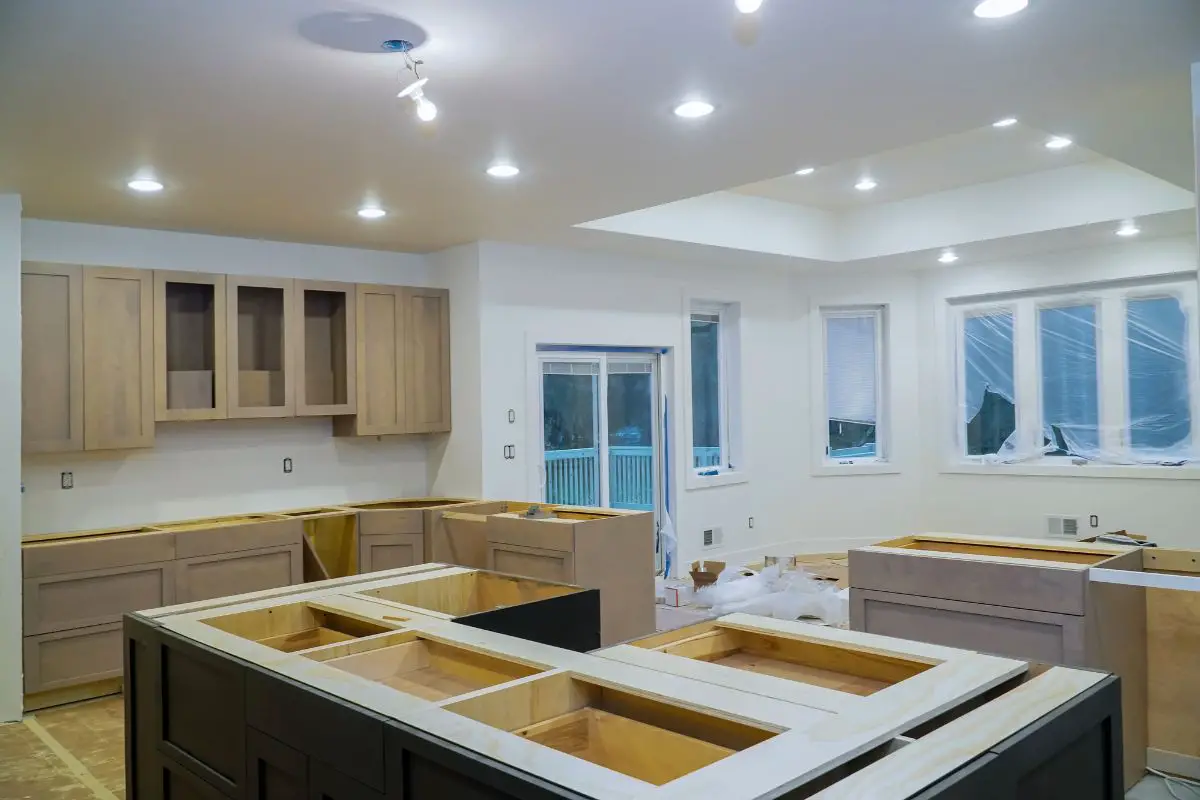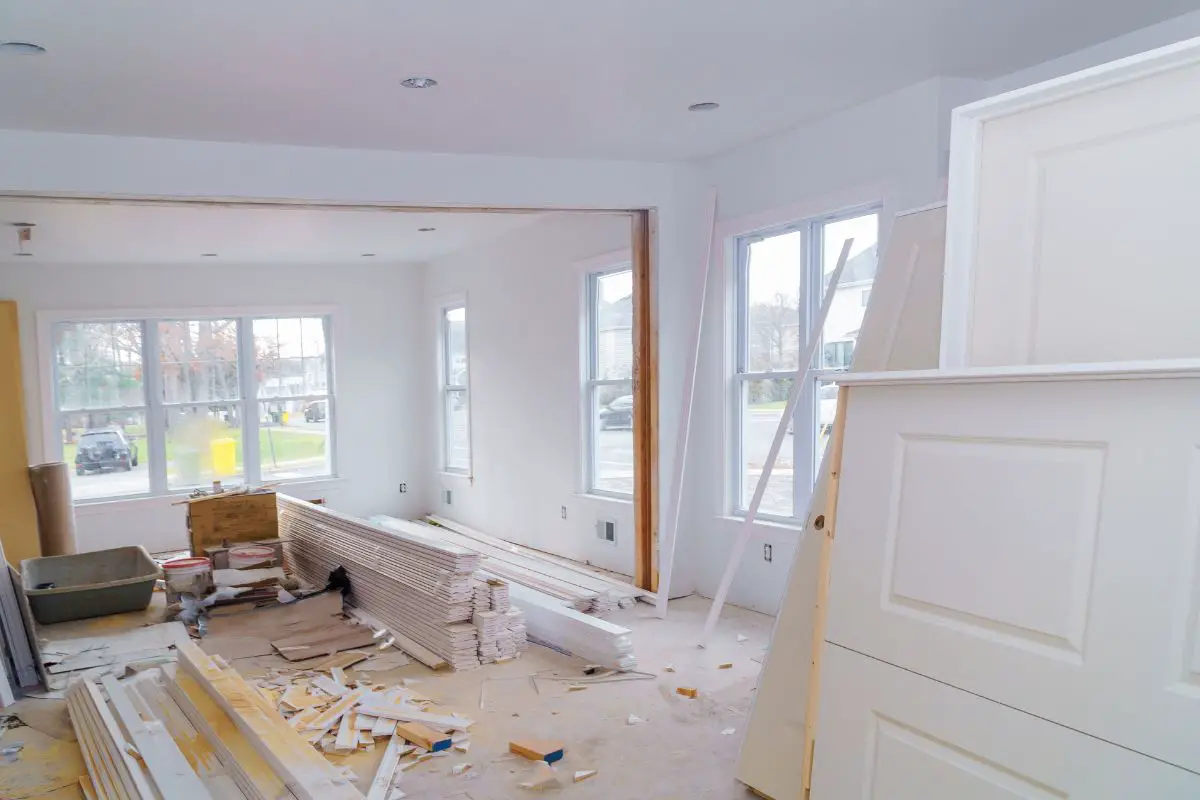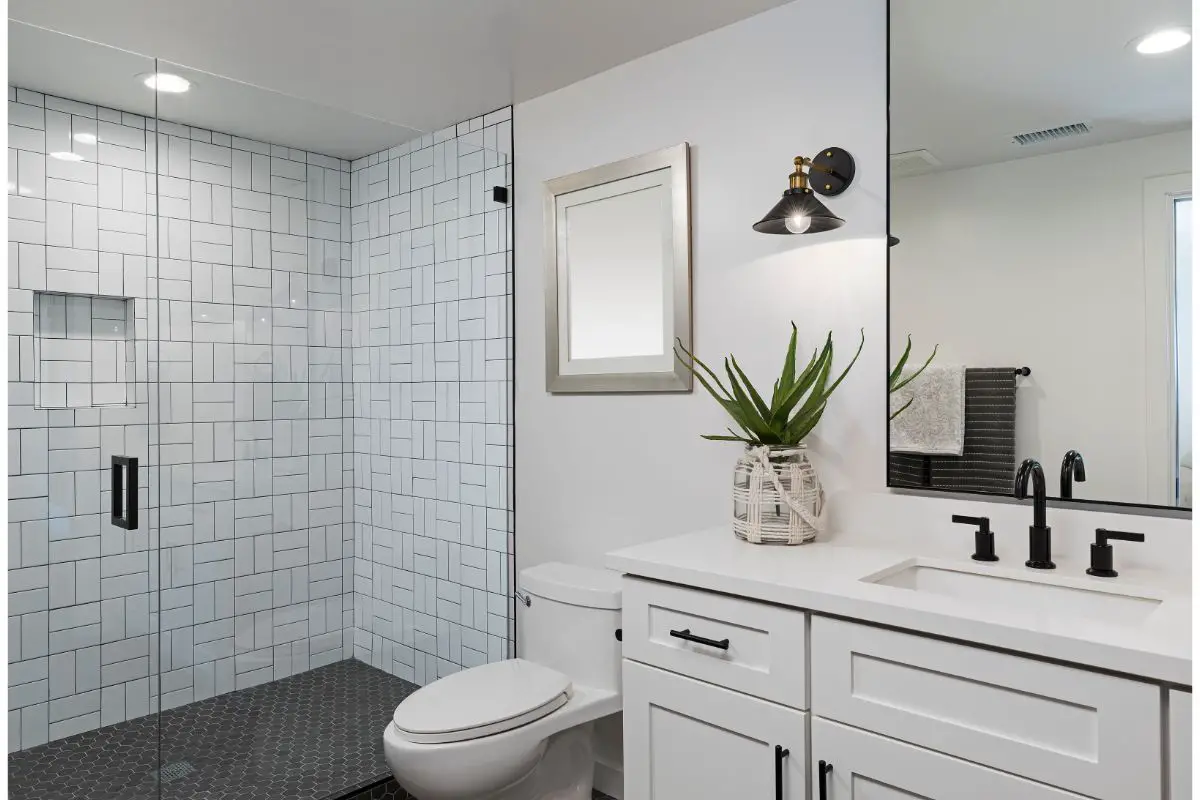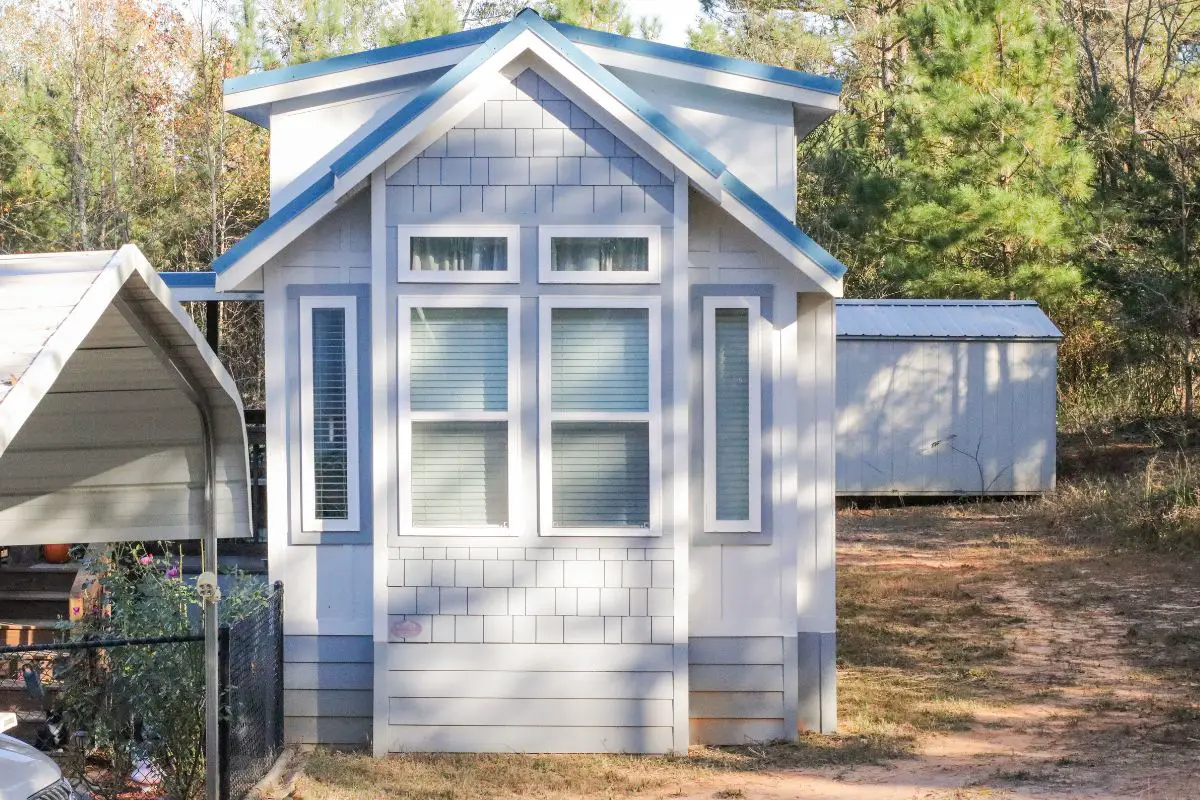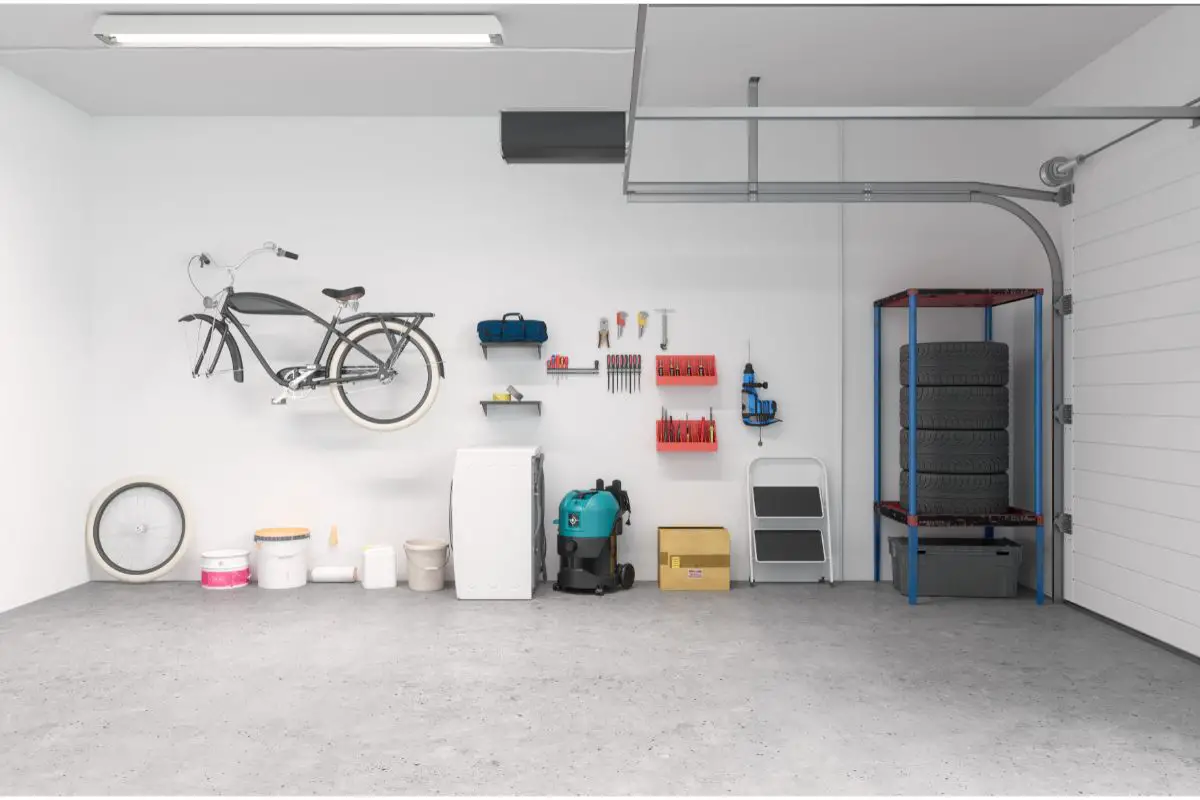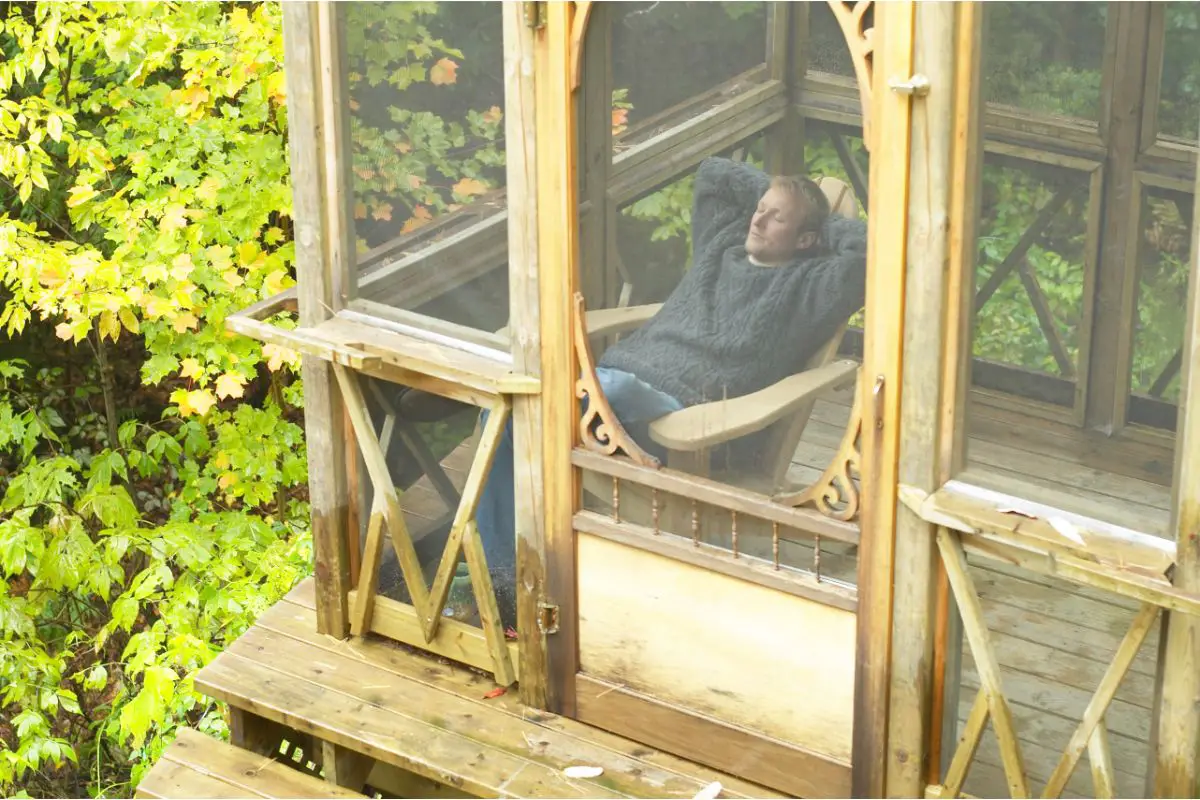Adding a bathroom to your basement can be a smart investment, whether you’re looking to increase your home’s value or simply make the space more functional.
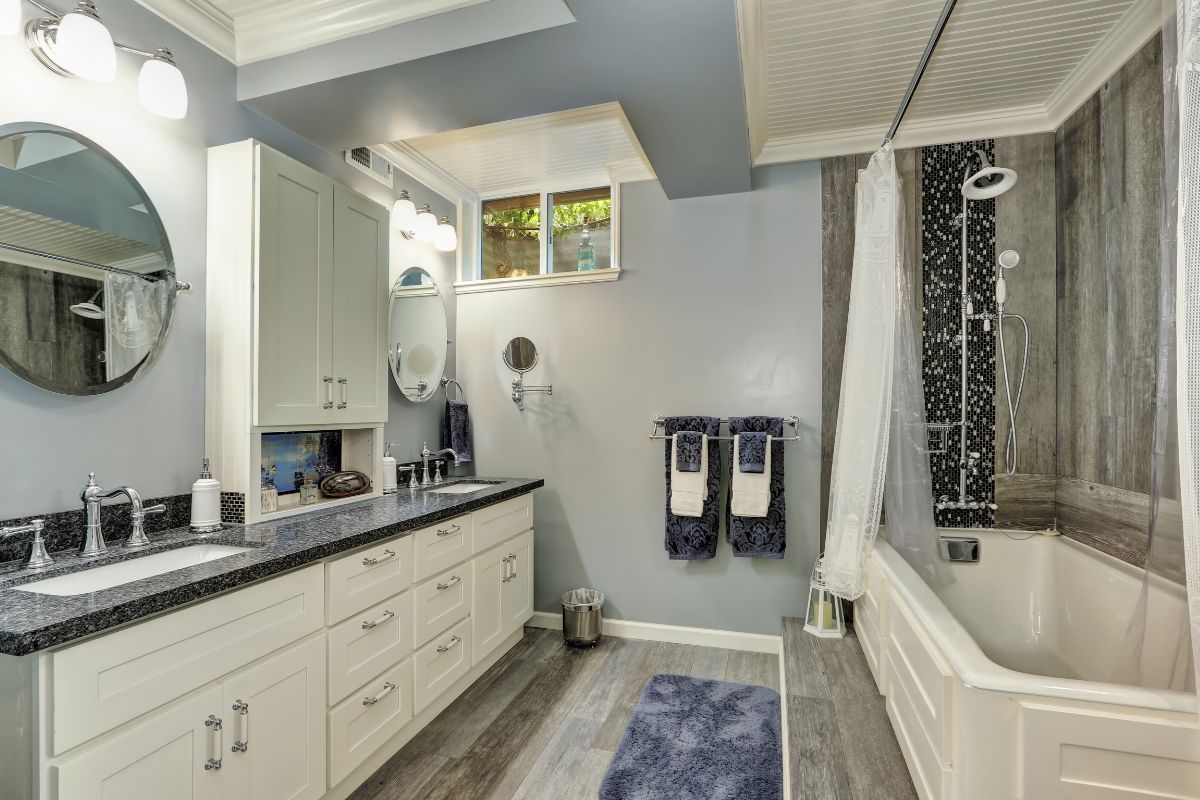
But before you start tearing up your basement floor, it’s important to understand the costs involved.
In this article, we’ll break down the various expenses you can expect when adding a bathroom to your basement, including materials, labor, and permits. Let’s get started!
The Cost Of Adding A Bathroom To Your Basement
The cost of adding a bathroom to your basement can vary widely, depending on several factors. Let’s take a closer look at these factors.
Materials
Some of the main materials that you will need to budget for include fixtures, flooring, walls and ceilings, lighting and ventilation, and plumbing and electrical materials.
You’ll need to choose fixtures such as a toilet, sink, shower or bathtub, and possibly a bidet.
These can range in price from a few hundred dollars to several thousand dollars, depending on the quality and brand.
Your chosen bathroom flooring will need to be durable, moisture-resistant, and easy to clean.
Popular options for basement bathrooms include tile, vinyl, and engineered wood, which can range in price from $2 to $15 per square foot.
For the walls and ceiling, they will need to be able to withstand moisture and humidity.
Popular options include moisture-resistant drywall or cement board (see also “How To Cut Drywall“), which can range in price from $10 to $20 per sheet, as well as waterproof paint or wallpaper.
Bathrooms need to be well-lit and free of moisture, which makes ventilation an absolute necessity.
A ventilation fan can cost anywhere from $50 to $500 or more, depending on the size and quality.
Last but not least, if your basement doesn’t already have the necessary plumbing and electrical connections in place, you’ll need to budget for materials such as pipes, fittings, and wiring, which can add several thousand dollars to the overall cost.
Labor
When adding a bathroom to your basement, you’ll likely need to hire a contractor or skilled tradespeople to do the work.
The cost of labor will depend on the size and complexity of the project, as well as local labor rates.
The most prominent elements of labor that you will need to consider include design and planning, demolition and preparation, plumbing and electrical installation, framing and construction, and fixture installation.
Before work can begin, you’ll need to consult with a contractor or designer to create a plan for your basement bathroom.
This can include a floor plan, a list of materials, and a detailed budget.
Depending on the complexity of the project, this could cost anywhere from a few hundred dollars to several thousand dollars.
If you’re starting from scratch, you may need to have your basement space prepared for the bathroom installation.
This can include the demolition of existing walls and flooring, as well as the preparation of the space for plumbing and electrical work.
This could cost anywhere from $500 to $5,000 or more.
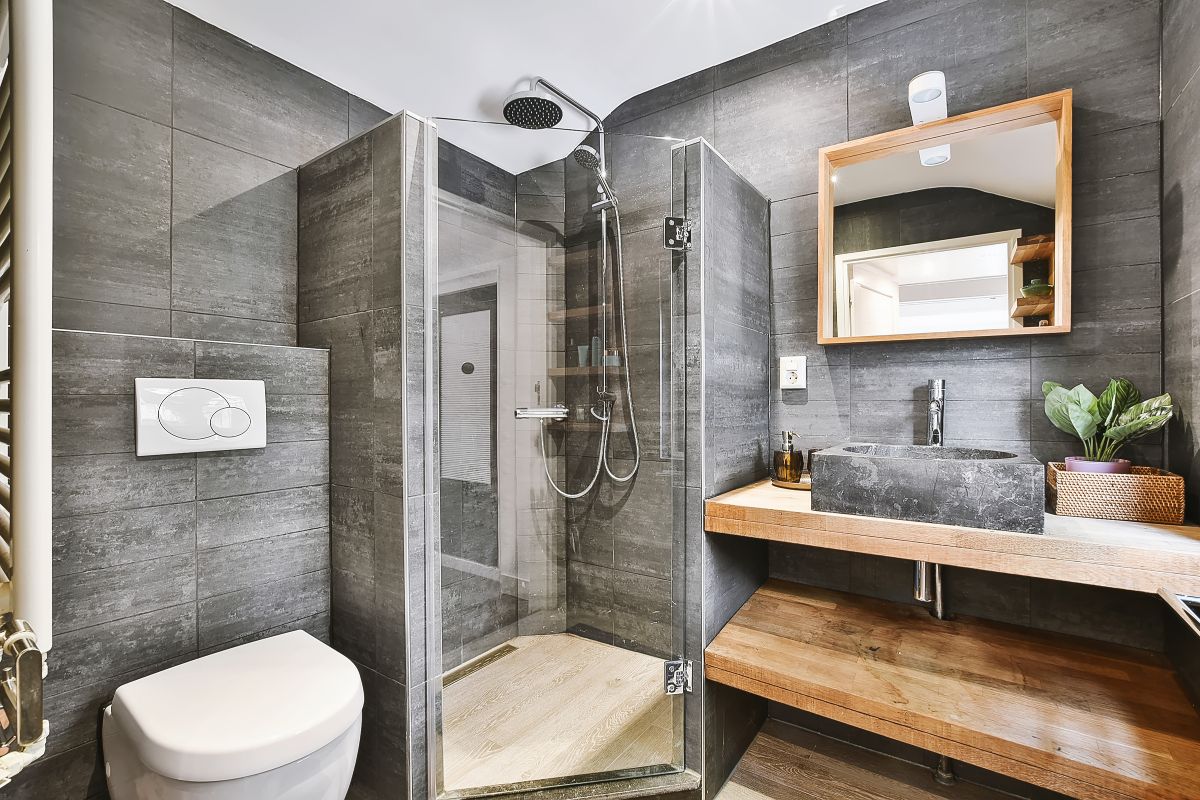
Installing plumbing and electrical connections is a crucial part of adding a bathroom to your basement.
Depending on the existing infrastructure in your basement, this could cost anywhere from $2,000 to $10,000 or more.
Once the plumbing and electrical work is done, your contractor will need to frame the bathroom walls, install insulation, and put up drywall.
Depending on the size of the space, this could cost anywhere from $2,000 to $8,000 or more.
Finally, your contractor will need to install the bathroom fixtures, including the sink, toilet, shower or bathtub, and any other accessories you’ve chosen.
This will vary depending on the complexity of the installation, but a good ballpark estimation is anywhere from $1,500 to $5,000 or more.
Permits
When adding a bathroom to your basement, you may need to obtain permits from your local government.
Permit requirements can vary widely depending on your location and the scope of your project, but some common permit costs include building permits, plumbing permits, electrical permits, and zoning permits.
You can expect to pay anywhere from a few hundred dollars to several thousand dollars in permit fees when adding a bathroom to your basement, depending on your location and the specific requirements of your project.
Plumbing And Electrical
Installing plumbing for a basement bathroom typically involves adding new water supply lines, waste and vent pipes, and a drain line for the toilet, sink, and shower or bathtub.
The cost of plumbing will depend on the complexity of the installation and the location of the bathroom in relation to existing plumbing lines.
In general, you can expect to pay anywhere from $2,000 to $10,000 or more for plumbing installation.
Installing electrical connections for this kind of project will involve adding new circuits for the lights, fan, and outlets, as well as GFCI (ground fault circuit interrupter) protection for safety.
Again, the cost will vary, but in general, you can expect to pay anywhere from $1,000 to $5,000 or more for electrical installation.
It’s important to note that plumbing and electrical costs can vary widely depending on the specific requirements of your project, as well as the labor rates in your area.
It’s a good idea to get several quotes from licensed professionals and to make sure that all work is up to code and properly permitted before starting your project.
Final Thoughts
Adding a bathroom to your basement can be a great way to increase the functionality and value of your home, but it is important to be aware of the costs involved in such a project.
A good estimate for this kind of project ranges from $10,000 to $30,000 or more, though this will vary depending on the size and complexity of the project, as well as the specific materials and fixtures you choose.
While it may be tempting to try to cut corners or take on the project yourself, it’s important to work with licensed professionals to ensure that your basement bathroom is up to code and properly permitted.
By doing so, you can ensure that your investment in your home is both safe and functional for years to come!
- What Kind of Room Has No Doors or Windows? - December 1, 2023
- What is a Powder Room? - December 1, 2023
- What Is a Kitchenette: Exploring the Features and Benefits of a Compact Kitchen - December 1, 2023

